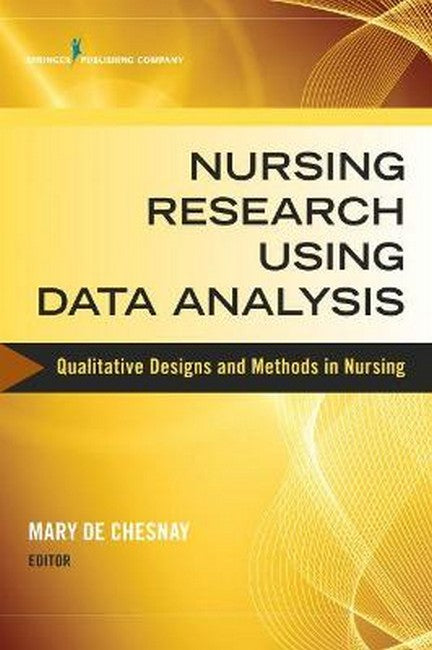Description
This is a concise, step-by-step guide to conducting qualitative nursing research using various forms of data analysis. It is part of a unique series of books devoted to seven different qualitative designs and methods in nursing, written for novice researchers and specialists seeking to develop or expand their competency. This practical resource encompasses such methodologies as Content Analysis, a means of organising and interpreting data to elicit themes and concepts; Discourse Analysis, used to analyse language in order to understand social or historical content; Narrative Analysis, in which the researcher seeks to understand human experience through participant stories; and Focus Groups and Case Studies, used to understand the consensus of a group or the experience of an individual and his or her reaction to a difficult situation such as disease or trauma. Written by a noted qualitative research scholar and contributing experts, the book describes the philosophical basis for conducting research using data analysis and delivers an in-depth plan for applying its methodologies to a particular study, including appropriate methods, ethical considerations, and potential challenges. It presents practical strategies for solving problems related to the conduct of research using the various forms of data analysis and presents a rich array of case examples from published nursing research. These include author analyses to support readers in decision-making regarding their own projects. The book embraces such varied topics as data security in qualitative research, the image of nursing in science fiction literature, the trajectory of research in several nursing studies throughout Africa, and many others. Chapters include objectives, critical thinking exercises, competencies, resources, and review material. Written for novice researchers and specialists seeking to develop or expand their competency, it will be of value to health institution research divisions, in-service educators and students, and graduate nursing educators and students. Key Features: Explains how to conduct nursing research using Content Analysis, Discourse Analysis, Narrative Analysis, and Focus Groups and Case Studies Presents state of the art designs and protocols Focuses on solving practical problems related to the conduct of research Features rich nursing exemplars in a variety of health/mental health clinical settings in the US and internationally Includes objectives, critical thinking exercises, competencies, resources, and review material

